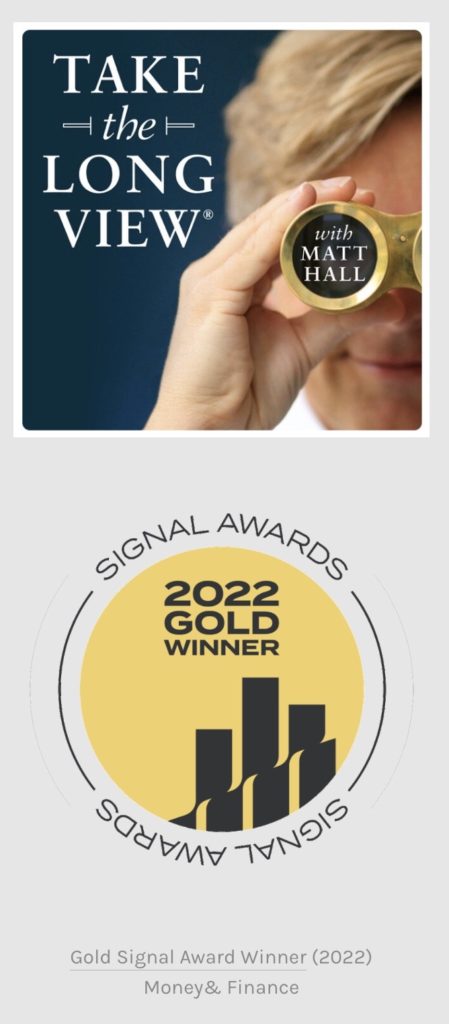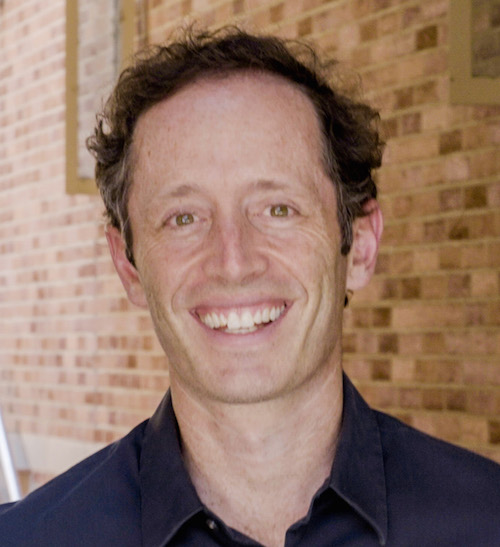Details Are Part of Our Difference
Embracing the Evidence at Anheuser-Busch – Mid 1980s
529 Best Practices
David Booth on How to Choose an Advisor
The One Minute Audio Clip You Need to Hear
Tag: Take the long view podcast
And That’s a Winner!

We want to share some fantastic news and recognition for the Take the Long View with Matt Hall podcast, which, despite being on hiatus since May of 2022, just earned a Signal Gold Award in the “Money & Finance” category. This international award had more than 1,700 entries from 30 countries! Revisit some of the episodes that earned Matt’s podcast its second significant award here.
Want to know the most popular episodes of all:
- Sid and Ann Mashburn: Tastemakers with Heart and Soul
- Morgan Housel: The Psychology of Money
- Danny Meyer: Creating a Better World Through Enlightened Hospitality
- David Kabiller: From “Goldman Slacks” to AQR
For details about the Signal Awards, read more here.
Podcast Episode – Jason Gay of The Wall Street Journal

Name a writer who consistently makes you laugh. Hard to do? Listen to this episode to hear from one of Matt Hall’s favorite writers, Jason Gay. Jason is the sports columnist for the WSJ. To us, Jason is so much more than a sportswriter – remarkable for skillfully being humorous, candid, and poignant, often at the same time. Click here to listen to the episode on Apple.
Podcast Episode with Hal Hershfield – Your Future Self

“My research asks, ‘How can we help move people from who they are now to who they’ll be in the future in a way that maximizes well-being?” Hal Hershfield
I may have found my person. By that, I mean someone who does the research connected to the mission of my podcast. He’s just as obsessed as I am with helping people make better long-term decisions.
Professor Hal Hershfield’s work concentrates on the psychology of long-term decision making and how time affects people’s lives — perfect, given the purpose of my podcast and that Americans are living longer and saving less.
One of Hershfield’s most well-known discoveries suggests that when people are confronted with their “future selves,” they experience an emotional sense of connection that can influence long-term financial and ethical decision-making.

